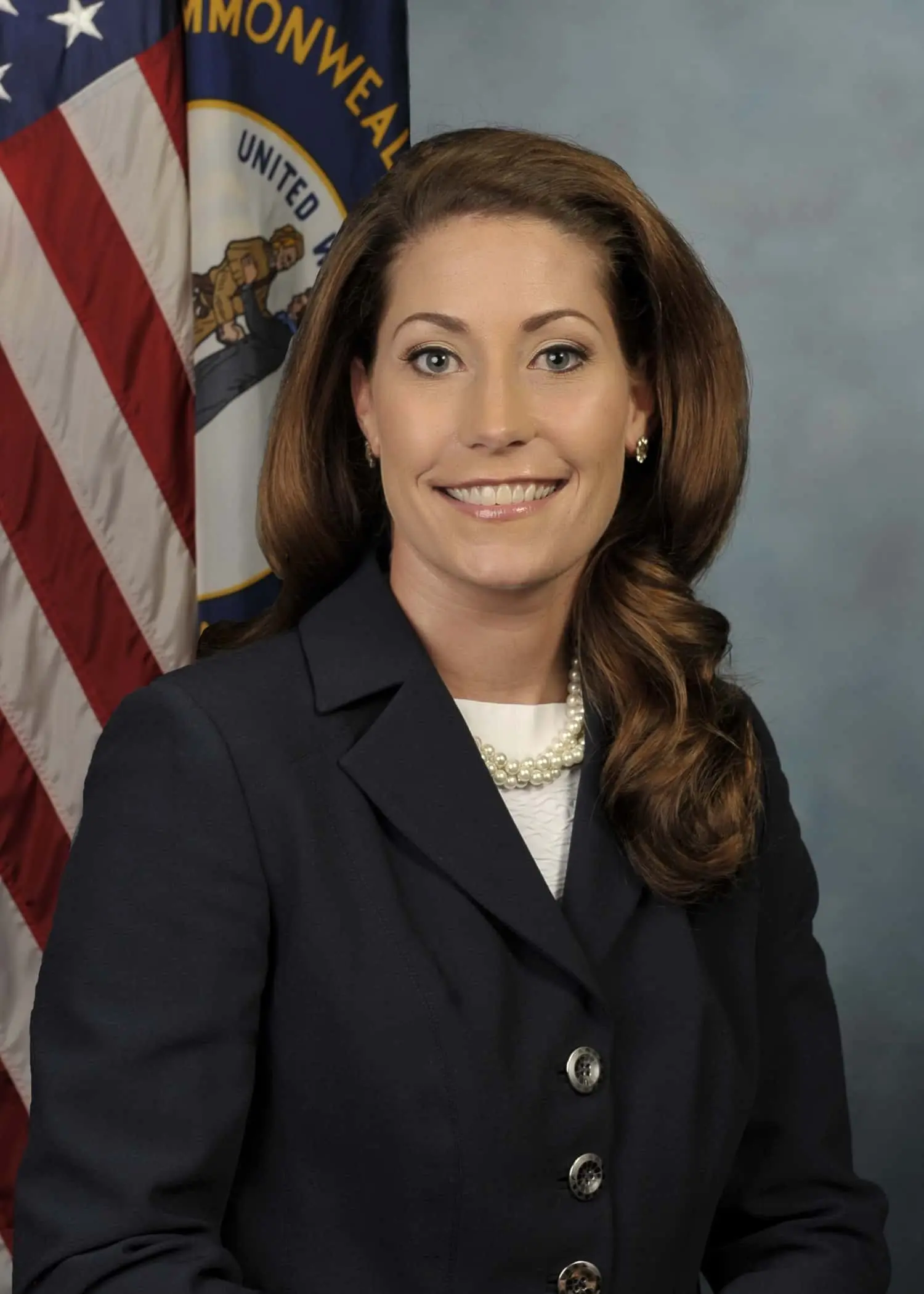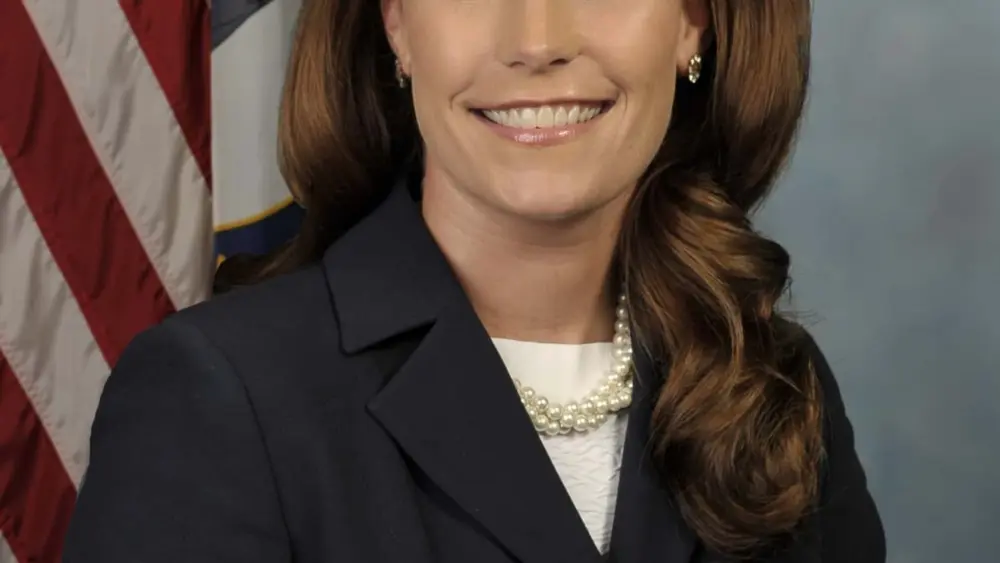
Secretary of State Alison Lundergan Grimes on
Thursday led a robust discussion on the trust Americans place in courts and media at
the Kentucky Bar Association convention. Grimes’ panel included Kentucky Supreme
Court Chief Justice John D. Minton Jr., retired federal Judge Jennifer B. Coffman,
WHAS host Terry Meiners, and television commentator Krystal Ball.
“Polling increasingly shows a disturbing and declining level of trust among
Americans for public institutions like the judiciary and media,” said Grimes.
“Earlier this year, my office released our Civic Health Index, a study revealing
Kentucky ranks 48th in the nation for trust in media and public institutions. Our
discussion today was important to identify causes and solutions for stemming the
tide of distrust.”
Grimes noted that the proliferation of information sources make it easier than ever
for citizens to seek news and commentary that affirms their political beliefs rather
than informs them.
“If you hear something you don’t like in the media, or disagree with something from
the courts, people now say, ‘They’re on the other team and the enemy’,” said Ball.
“Some politicians have seized on that sentiment and use it to divide people.”
“The media is in a place to poke and ask questions and to create a pendulum of
ideas. It is incumbent on the media to open the gates to keep the information
flowing to the people. It’s the only way we’ll flourish,” said Meiners.
Minton, who has been traveling Kentucky discussing ways to strengthen citizens’
regard for the American judiciary, said minorities are more likely than not to have
a distrust of the court system.
“There’s a firmly-held belief in the African-American community that courts are not
fair to them. It raises the point that [the judiciary has] a trust deficit with
certain segments of the population that we need to address,” said Minton.
Polling shows Americans have more confidence in their state courts than federal
courts. Coffman said that’s due to people being more connected to their local
judicial officials.
“State court judges are people who are our neighbors, maybe you go to church with
them. If you put a human face on something, you are much more likely to trust it,”
said Coffman. “Federal courts are reviewed as a little remote.”
The Civic Health Index showed only 46.5 percent of Kentuckians say they are a great
deal or somewhat confident in the media. Ball said the media is partly to blame.
“[The media] has in some ways not done ourselves any favors. 2016 was the most
substance-free election in terms of the coverage,” Ball said. “When people hear the
rhetoric from politicians and then they turn on the TV and see the shouting matches,
they believe the media isn’t working for them.”
“It’s a successful strategy [to say the media is fake]. But it’s cyclical. It’ll
wear itself out,” said Meiners.
The panel agreed that media is instrumental in making sure the public understands
the court system and how it works.
“When I came to the court, you had a press corps with a lot of knowledge about
government and the courts. Now, most [reporters] don’t speak the language of the
judiciary, and we have to teach them,” said Minton.
Coffman said most media approaches its reporting with trust in the judiciary: “In
responsible media sources, you have an underlying belief in the rule of law.”
Grimes and the panel reiterated the important duty media and judiciary have in a
healthy democracy.
“We all have a role to play in building up trust in our public institutions,” said
Grimes.
Read more about Kentucky’s Civic Health Index at sos.ky.gov.







